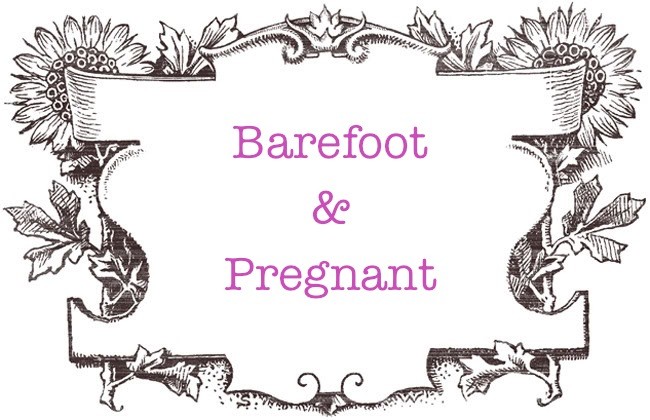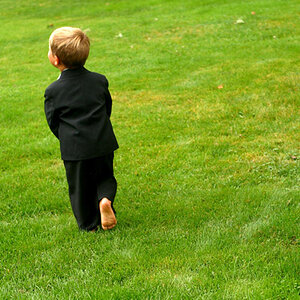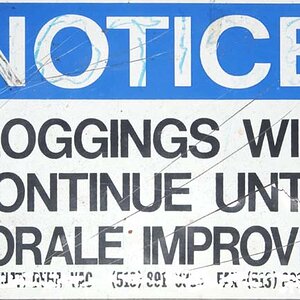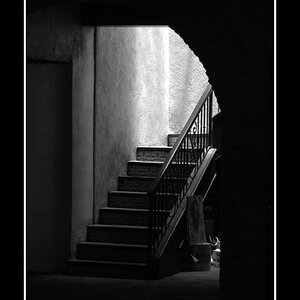imagemaker46
Been spending a lot of time on here!
- Joined
- Mar 9, 2011
- Messages
- 4,422
- Reaction score
- 1,705
- Location
- Ottawa, Canada
- Website
- imagecommunications.ca
- Can others edit my Photos
- Photos NOT OK to edit
A very well respected photography school in Canada, the Western Academy of photography on Vancouver Island closed it's doors two weeks ago. At one time the school had limited space for students. Over the past few years the numbers dropped off every year until the end when on a dozen had enrolled. The school had some great photographers as teachers, the requirement to teach was being a full time working professional, at the end, the professionals were long gone. The school had produced some very talented photographers over the past 30 years.
My Dad, Ted Grant did an interview today for an awards program that is coming up in the near future, was asked the question, "What advice would you give to anyone that wants to go into photography as a career" His answer was "Be a doctor, or a lawyer or an accountant, but don't give up on wanting to be a photographer"
He was a guest teacher at the academy many times in the past, and has an exhibition opening at the Leica Gallery in New York later this month.
My Dad, Ted Grant did an interview today for an awards program that is coming up in the near future, was asked the question, "What advice would you give to anyone that wants to go into photography as a career" His answer was "Be a doctor, or a lawyer or an accountant, but don't give up on wanting to be a photographer"
He was a guest teacher at the academy many times in the past, and has an exhibition opening at the Leica Gallery in New York later this month.















![[No title]](/data/xfmg/thumbnail/38/38262-10a9668da9a2b36a92cddde57caf87bc.jpg?1619738547)